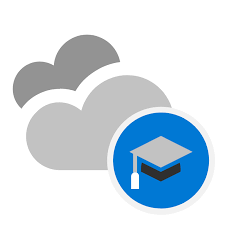Introduction
One of the most common facts in IT organizations worldwide is the lack of cloud skills of both IT administrators and end users. An increasing number of enterprises are starting to realize the importance of investing in Cloud Computing skills training for their employees. Besides the available third party training solutions and educational organizations, the public Cloud Computing vendors themselves offer free training courses which target at enterprises wishing to bridge the cloud knowledge gap of their personnel and accomplish a true digital transformation of their business.
This article provides an overview of the cloud skills training programs for enterprises offered by the major cloud computing vendors.
IBM Cloud Learn Hub
IBM offers free training on introductory Cloud Computing topics at https://www.ibm.com/skills/topics/cloud/ as well as a more comprehensive learning hub at https://www.ibm.com/cloud/learn/all.
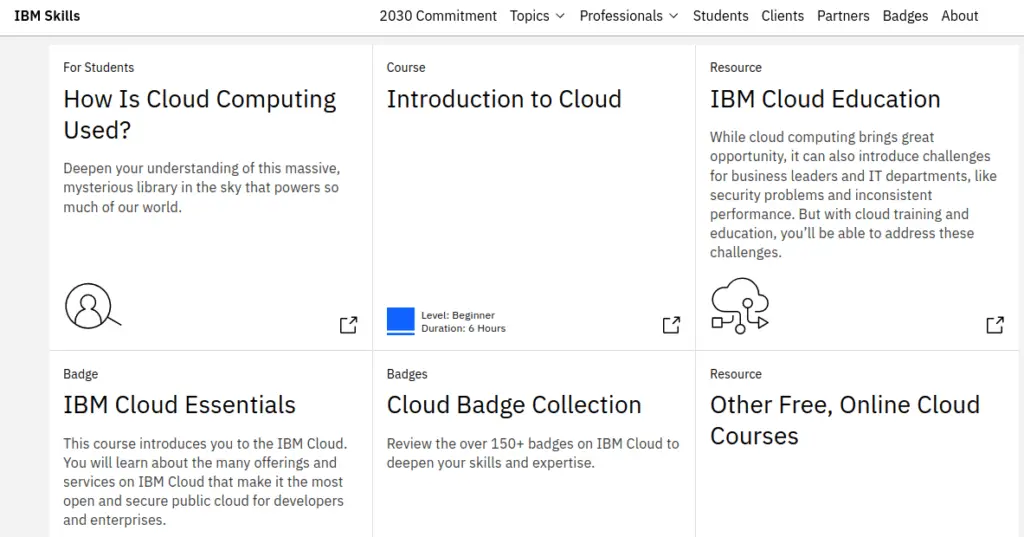
Microsoft Learn
Microsoft Learn was introduced alongside Microsoft Docs to provide a unified learning and certification preparation environment for Microsoft IT professionals. You can customize your learning path or browse the full list of Microsoft certification courses.
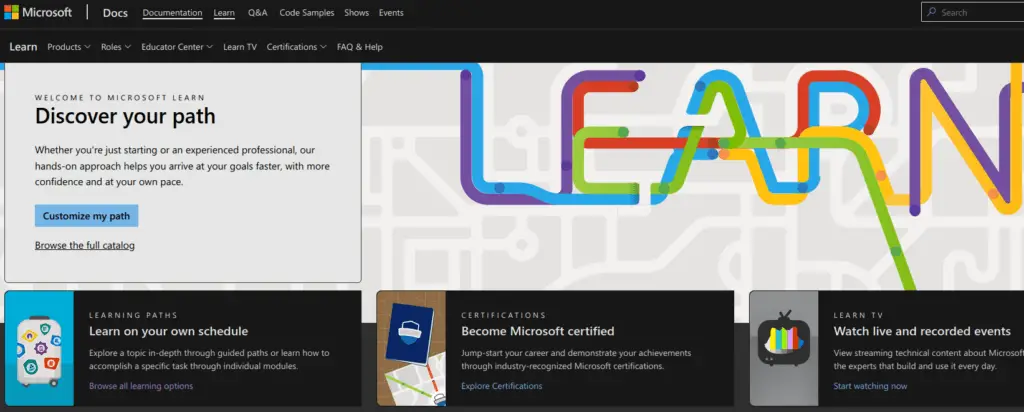
News about new training programs and certifications are available in the Microsoft Learn blog.
The Microsoft Enterprise Skills Initiative
The Enterprise Skills Initiate (ESI) is a Microsoft learning program which is designed to offer interactive courses and training designed with the learner's IT role in mind. You will first need to register for the ESI program by using your corporate M365 account. If you try to login on the ESI website with a M365 account which is not registered with ESI, you will receive the following error:
This email address is not recognized, please sign in with the work email used for ESI, contact your company's ESI Representative.
You should bear in mind that in order to participate in the ESI program, Microsoft requires a minimum level of annual turnover for the Microsoft Partner wishing to register. For any technical issues with the ESI learning website, you can contact the ESI support via http://esisupport.microsoft.com/en-US.

Amazon Web Services (AWS)
According to Amazon AWS, in order to build a holistic plan which develops cloud skills across the organization you must determine the cloud skills gaps across departments, teams, and individuals. AWS Training and Certification offers a free tool to build a data-driven skills enablement plan: AWS Learning Needs Analysis. More details about the AWS Cloud training programs can be found at https://aws.amazon.com/training/enterprise/.
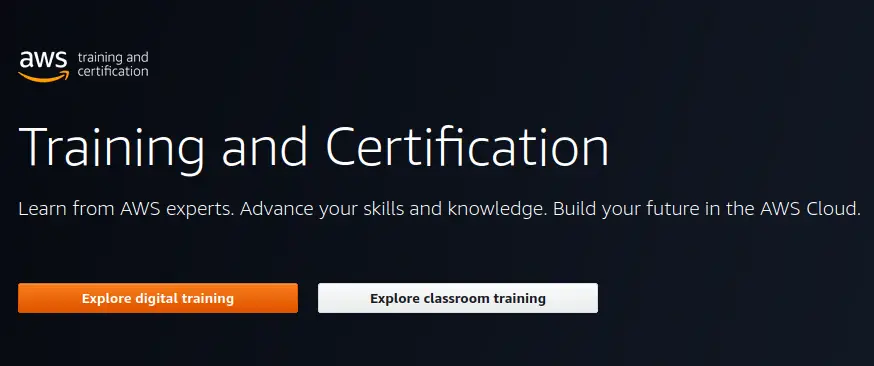
Google Cloud (GCP)
Google Cloud Training offers a comprehensive list of training courses covering all its Google Cloud services and components and matching all Cloud Computing professional roles.
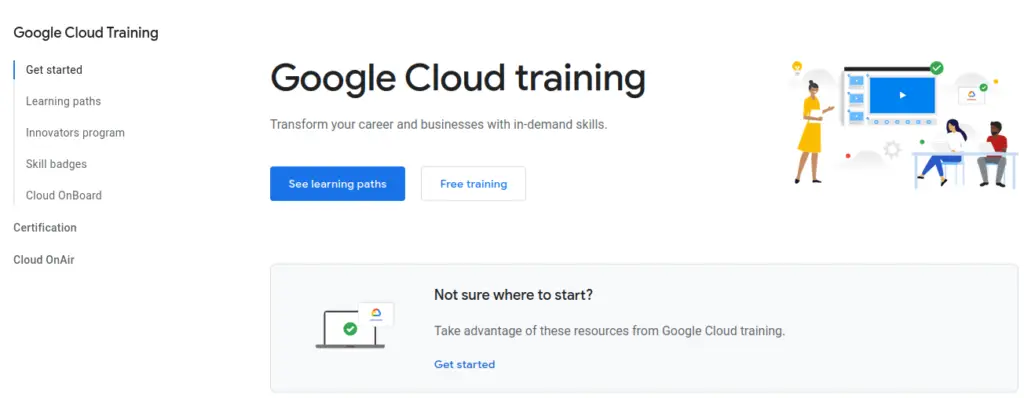
Citrix Cloud
Citrix provides a course catalog covering all its Citrix Cloud solutions, including the popular Citrix Virtual Apps and Desktops service (VAD) on Citrix Cloud.
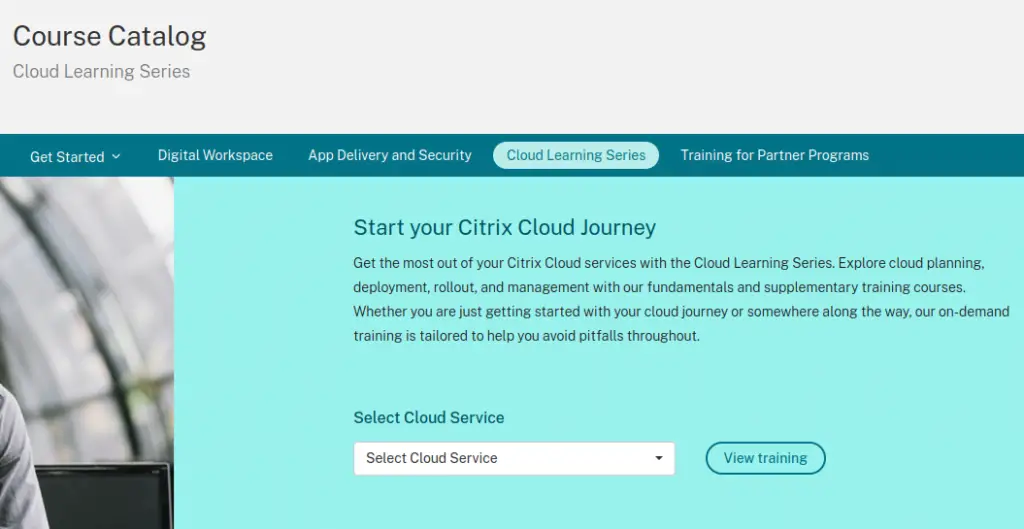
Redhat Cloud
Redhact cloud training programs mostly revolve around Ansible and Openshift. A comprehensive pre-training assessment guide is available at: https://rhtapps.redhat.com/assessment/.
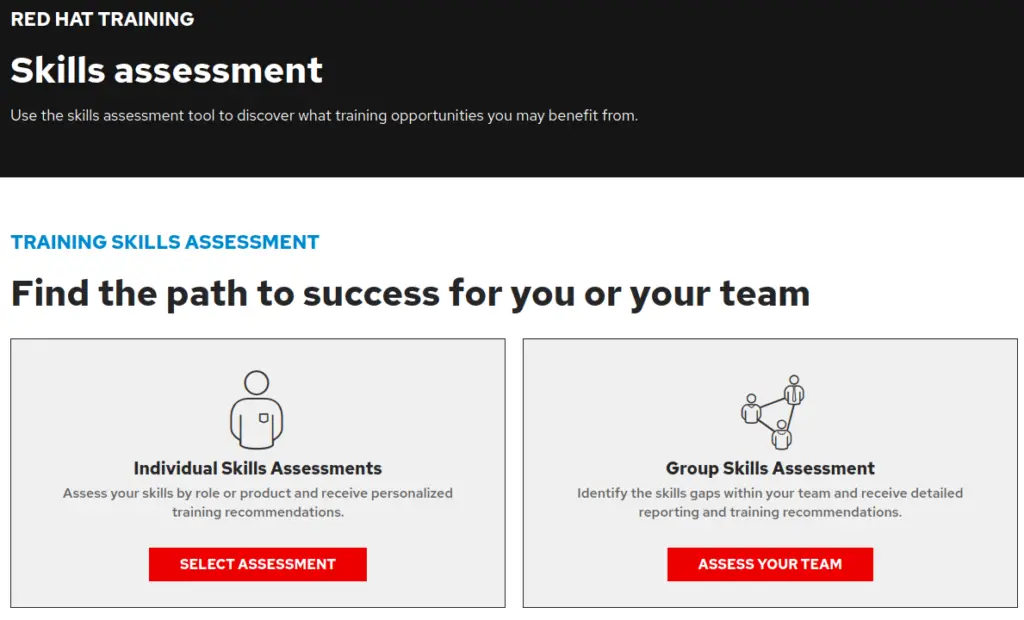
Oracle Cloud
Oracle University (https://education.oracle.com/learn/oracle-cloud-infrastructure/pPillar_640) offers a variety of courses on Oracle Cloud Infrastructure and Oracle Cloud applications.

Alibaba Cloud
Alibaba partners with enterprises and academy institutions to deliver cloud training to individuals and organizations worldwide.
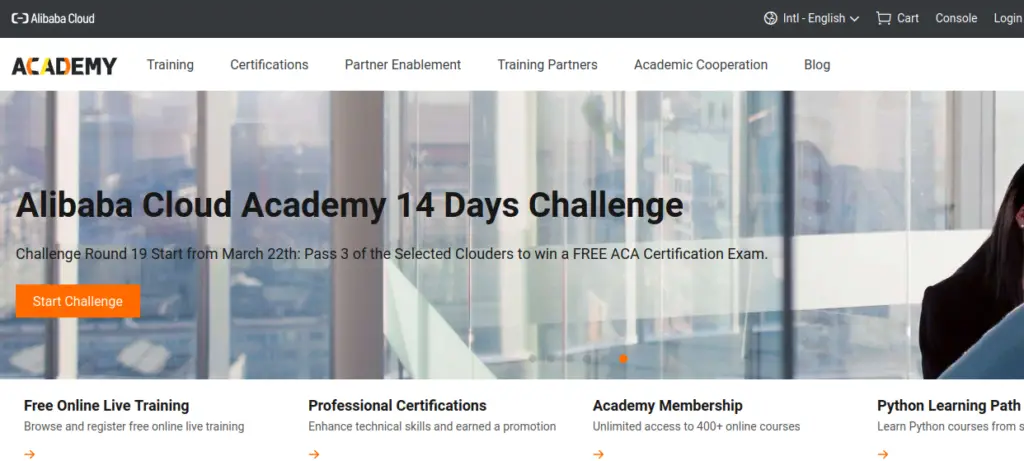
CompTIA
CompTIA introduces the Cloud+ certification program which, along with CompTIA Cloud Essentials, equips IT professionals and end users with minimum required knowledge and skills to move forward in the ever changing cloud computing world.
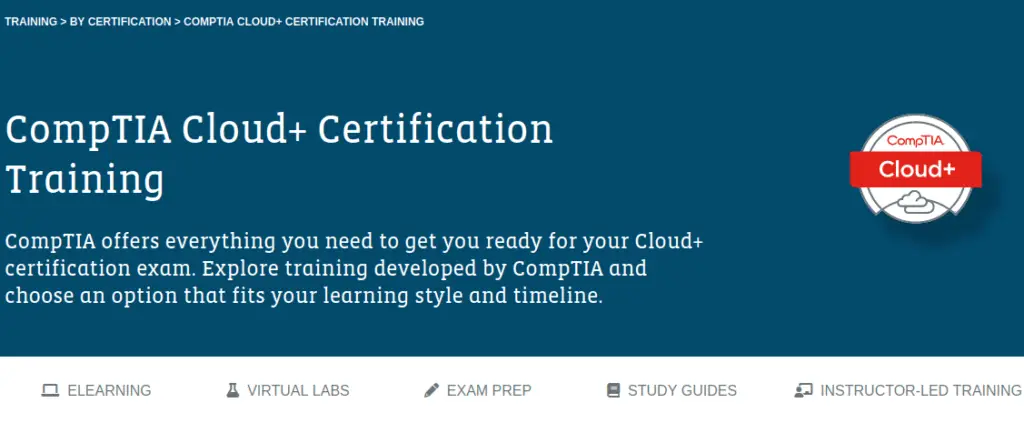
Cloud roles and learning paths
In order to better prepare enterprise employees with cloud skills, most training programs are tailored based on cloud computing professional roles. Different learning paths are available for the most common cloud professional roles, as presented below. Roles and responsibilities of each of the below roles will be analyzed in another blog post.
- Cloud pre-sales consultant
- Cloud engineer
- Cloud architect
- Cloud developer
- Cloud devops Engineer
- Hybrid and multi-cloud architect
- Data analyst
- Data engineer and database administrator
- Data scientist
- Cloud API engineer
- Cloud network engineer
- Cloud security engineer
- Machine learning and AI engineer
- Cloud support engineer
Each Cloud vendor provides different naming labels to the cloud professional roles. The Microsoft certification poster available at https://aka.ms/TrainCertPoster provides an example a logical grouping of cloud professional roles.
